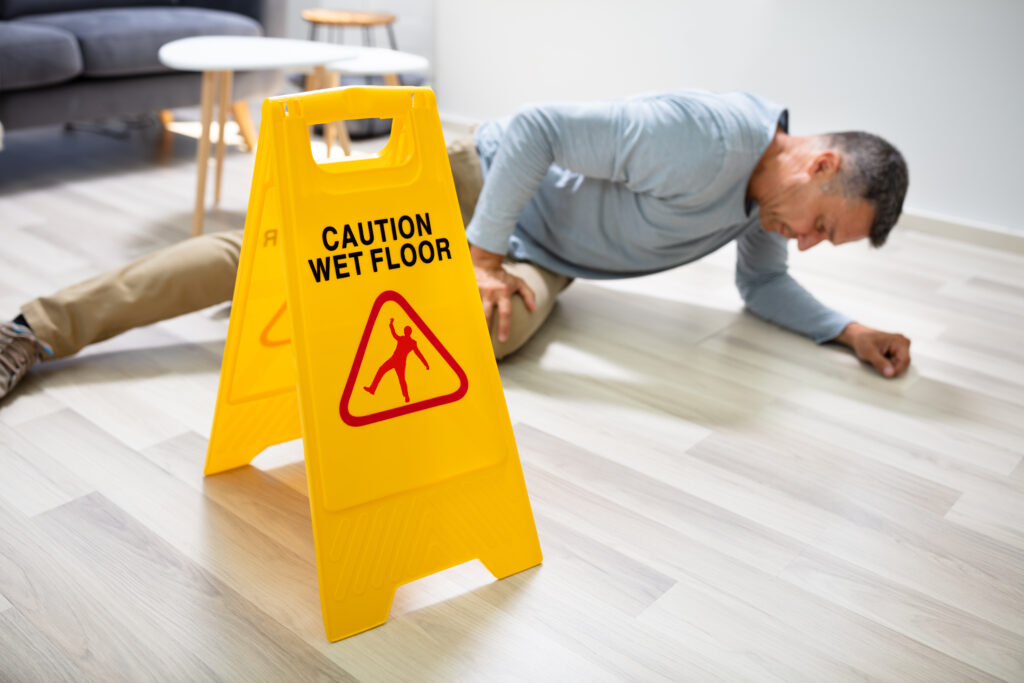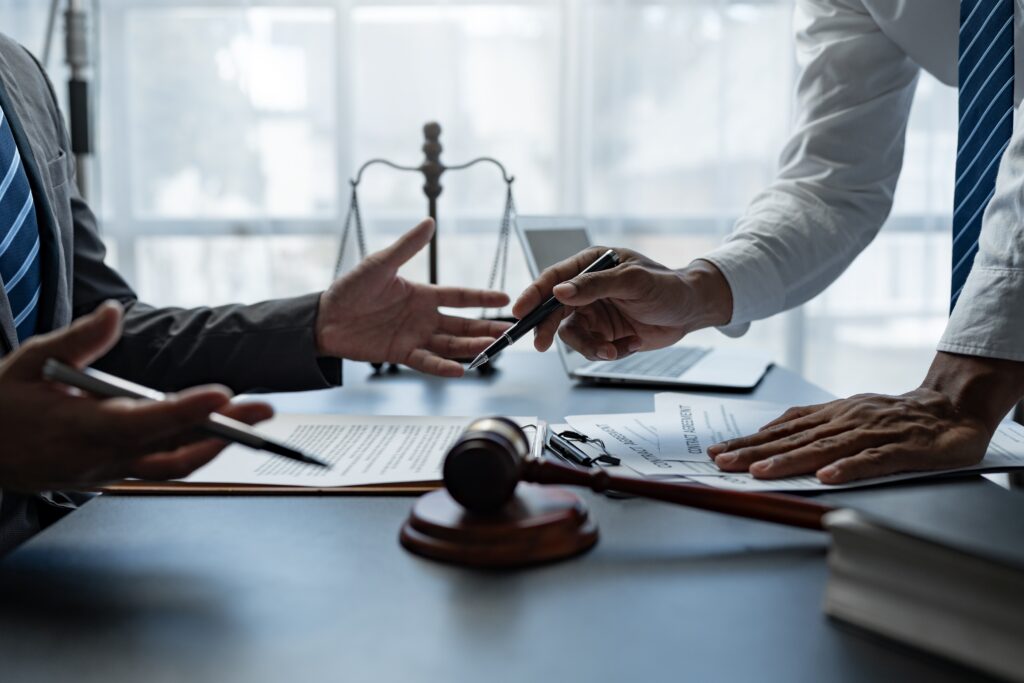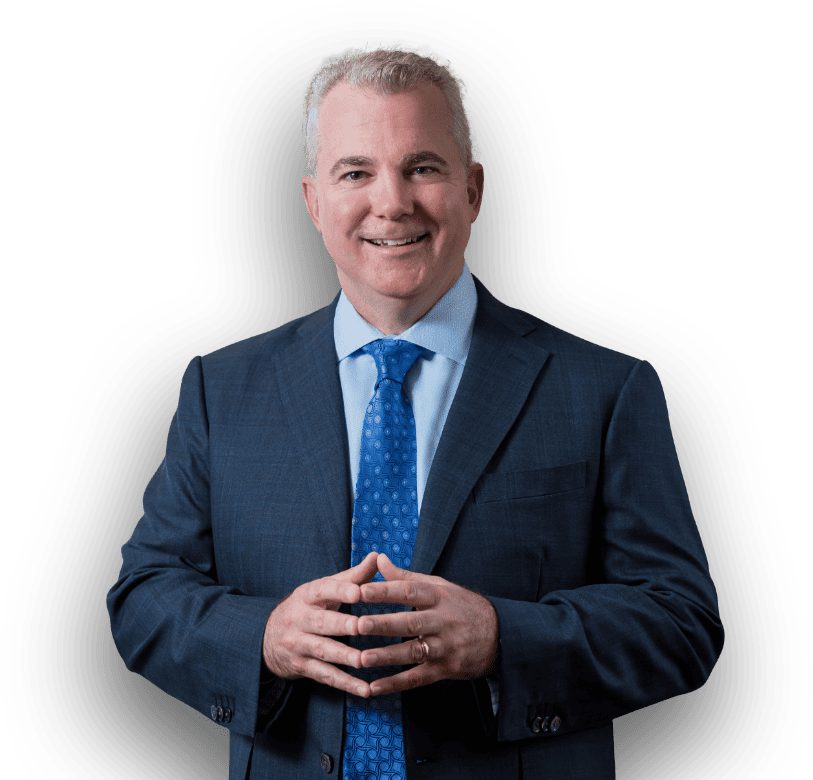Slip and fall accidents are one of the most common types of personal injury claims in the United States, and Florida is no exception. Whether it happens at a store, a hotel, or even a private residence, a slip and fall can lead to severe injuries, financial strain, and emotional distress.
Florida’s slip and fall laws are designed to protect those who suffer injuries due to someone else’s negligence. Understanding these laws, how responsibility is determined, and what steps victims should take to pursue compensation is crucial.
If you’ve suffered an injury in a slip and fall in Florida, a local slip and fall attorney can assist with navigating your case and securing the compensation you deserve.
What is a Slip and Fall?
A slip and fall accident occurs when an individual loses balance or footing due to a hazardous condition on someone else’s property and falls. This type of accident can happen anywhere — from supermarkets and restaurants to parking lots and private homes. A slip and fall is typically caused by a dangerous condition on the property that creates a risk of injury to people who enter the premises.
Slip and fall accidents can result in various physical and mental injuries. The severity of the injuries often depends on the circumstances of the fall, including the location, the floor’s surface, and the victim’s age and health condition.
Common Causes of Slip and Fall Accidents
Several factors can contribute to a slip and fall accident. These hazards can result from poor maintenance, neglect, or unsafe design. Common causes of slip and fall accidents include:
- Wet or slippery surfaces: Spilled liquids, wet floors from cleaning, or weather conditions such as rain or snow can create slippery conditions.
- Uneven surfaces: Cracked sidewalks, potholes, uneven pavement, or raised floor tiles can easily cause a person to trip.
- Cluttered walkways: Obstacles like boxes, cords, or merchandise can obstruct walkways, leading to falls.
- Poor lighting: Insufficient lighting in hallways, stairwells, or parking lots can make it difficult for individuals to see potential hazards.
- Inadequate signage or warnings: Failure to post warning signs when there is a wet floor or maintenance work in progress can create a hidden risk for visitors or patrons.
- Defective staircases or railings: Loose handrails, broken steps, or stairs without proper traction can result in falls.
- Building design or layout: Poorly designed ramps, steps, or flooring that doesn’t meet safety standards can all be significant contributing factors to falls.
If you slip and fall and suffer injuries on another’s property, it is well worth discussing your case with a qualified slip and fall attorney. A lawyer can review the details of the incident, determine whether you have a valid claim, and work diligently to get you the monetary recovery you need.
Injuries Resulting from Slip and Fall Accidents
Slip and fall accidents can result in a wide range of injuries, some of which may have long-lasting effects. Common injuries include:
- Fractures: Broken bones, especially in the wrists, hips, and ankles, are common in slip and fall cases, particularly among the elderly.
- Head injuries: A fall can cause head trauma, including concussions or more severe traumatic brain injuries (TBIs), especially if the victim strikes their head on the ground or another object.
- Back and spinal cord injuries: Falls can cause injuries to the back and spine, including sprains, fractures, and even paralysis in severe cases.
- Soft tissue injuries: Sprains, strains, and bruises are common, though they may not always be immediately apparent immediately.
- Knee and wrist injuries: Knees and wrists can be easily injured in a fall, either from twisting or impact, resulting in ligament damage, tears, or fractures.
- Psychological injuries: The unexpected and sudden nature of slip and fall accidents and injuries can also have psychological impacts. Emotional trauma, anxiety, or depression can result from the pain and loss of mobility after a serious fall, particularly for older adults who may develop a fear of falling again.
Injuries from a slip and fall can be serious, requiring extensive medical treatment and recovery time. If you’re hurt on another’s property, you have the right to hold the responsible party accountable for their wrongdoing. Seeking compensation can help ensure you don’t have to shoulder your financial burdens alone.
Who is Responsible for a Slip and Fall Accident?
When a slip and fall accident occurs, determining who is liable for the injuries depends on several factors. The property owner or occupier is generally responsible for maintaining a safe environment for visitors, guests, and patrons. Liability is often based on the legal concept of “premises liability.”
Premises Liability and the Legal Duty of Property Owners in Florida
Under Florida law, property owners and occupiers have a duty to ensure that their premises are safe for visitors. This duty is not absolute but is governed by the classification of the person who enters the property. In Florida, the duty of care owed depends on whether the visitor is an invitee, licensee, or trespasser:
Invitee
An invitee is someone who is on the property for the property owner’s benefit, such as a customer in a store or a guest at a hotel. Property owners owe the highest duty of care to invitees, which means they must take reasonable steps to ensure the property is free from hazards, inspect for dangerous conditions, and warn invitees of any dangers they cannot immediately fix.
Licensee
A licensee is someone who enters the property with the owner’s permission but not for the owner’s benefit. Social guests are the most common example of licensees. Property owners owe licensees a duty to warn them of any known dangers on the premises, but they are not required to inspect for hazards actively.
Trespasser
A trespasser is someone who enters the property without permission. Property owners owe the lowest duty to trespassers, and they are generally not required to do anything to prevent harm to trespassers except to avoid intentional harm or gross negligence.
Proving Liability in a Slip and Fall Case
To hold a property owner liable for a slip and fall injury in Florida, you must typically prove the following elements:
- The property owner had actual or constructive knowledge of the dangerous condition: Under the law, the owner should have either known about the hazard or should have known about it through regular inspections.
- The property owner failed to address or warn about the dangerous condition: The property owner must have had an opportunity to fix the problem or put up a warning but failed to do so.
- The hazardous condition caused the fall: There must be a direct connection between the hazardous condition and your fall.
- You suffered damages: As a result of the property owner’s negligence, you suffered injuries and face related expenses and losses.
Proving liability can be challenging, depending on the circumstances. Fortunately, a slip and fall attorney can gather sufficient proof to establish the responsible party’s fault and strengthen your case.
Evidence Used to Prove Fault in Florida Slip and Fall Cases
In slip and fall cases, evidence plays a substantial role in proving many details, including liability. Some of the most important types of evidence used in slip and fall cases include:
- Photographs: Clear, detailed photographs of hazardous conditions are among the most critical evidence in slip and fall cases. This can include pictures of the area where the fall occurred, the condition of the hazard, and the surrounding environment.
- Surveillance videos: Security cameras may have captured the incident if the slip and fall occurred in a public or commercial space. Videos can show the actual fall and the conditions at the time of the accident. They can also show whether the property owner or their staff responded appropriately.
- Eyewitness accounts: Witnesses who saw the accident can testify about the condition of the property and the circumstances leading up to the fall.
- Expert testimony: In some cases, expert witnesses such as safety consultants or engineers may be brought in to testify about the cause of the accident and whether the property owner failed to meet safety standards.
- Inspection logs: Many businesses and property owners keep routine inspections and maintenance records. These documents show whether the property owner regularly inspected the premises for hazards. If an inspection was missed or insufficient, it may help prove that the owner failed their duty of care.
- Repair records: Records showing when repairs were made or when certain areas of the property were last maintained can be critical. If the property owner ignored maintenance issues, this may support the claim that they were negligent in maintaining the property.
- Accident report forms: If the property owner or business created an accident report, it can contain vital details about the circumstances of the fall. These reports might include information about the cause of the accident, whether any safety procedures were followed, and any immediate steps taken by the property owner.
As soon as you’re able, begin collecting evidence regarding your accident. Your lawyer can use this and other pieces of evidence to strengthen your case and get you well on your way to securing favorable financial recovery for your injuries and losses.
Pursuing Compensation for Slip and Fall Injuries
In Florida, victims of slip and fall accidents may be entitled to compensation for their injuries. Pursuing a personal injury claim involves several steps:
- Getting medical treatment: Always get medical attention immediately after a slip and fall, even if injuries initially seem minor. Some injuries, such as concussions, may not be apparent right away.
- Collecting evidence and documentation: Gather all the evidence and documentation concerning your accident to present to your lawyer.
- Hiring a slip and fall attorney: Slip and fall cases can be complicated, especially when determining fault and proving negligence. A skilled slip and fall attorney can handle the process on your behalf and work toward obtaining a fair case result.
- Filing an insurance claim: Seek compensation for a slip and fall may start with filing an insurance claim. The property owner or occupier may be covered by liability insurance, which can help provide compensation for your injuries.
- Taking legal action: If you’re unable to get monetary recovery through an insurance claim, you may need to file a personal injury lawsuit.
- Negotiating or going to trial: Many personal injury cases settle outside court. Your lawyer will negotiate to get you a just settlement. Still, if your case is unable to settle, your lawyer can take your case to trial and represent you in court to get a favorable award.
When you suffer an injury on another’s property, you may have the right to take action and pursue compensation. Under Florida’s statute of limitations for personal injury cases, you only have four years to file a legal claim if necessary. Therefore, you should consult with a lawyer and begin working on your case right away.
The Role of a Slip and Fall Attorney
A slip and fall attorney who regularly handles slip and fall cases can be invaluable when pursuing compensation. They can:
- Investigate the incident: An attorney will help gather evidence, such as surveillance footage, witness statements, and accident reports.
- Determine liability: A lawyer can determine who is responsible for the hazardous condition and whether the property owner or another party can be held liable.
- Evaluate damages: An attorney will help assess the full extent of your injuries and losses, including medical bills, lost earnings, and future medical expenses.
- Negotiate with insurance companies: Insurance companies often try to minimize payouts, but an experienced lawyer can advocate for a fair settlement.
- Represent you in court: If necessary, an attorney will take your case to court and argue to ensure you receive the compensation you deserve.
A Florida lawyer can also give you confidence and peace of mind as you proceed with your compensation claim. Going through the legal process with a firm legal representative can yield more favorable results.
If You’re Harmed in a Slip and Fall in Florida, Consult with a Local Attorney Right Away
Slip and fall accidents in Florida can result in significant physical, emotional, and financial hardships. Under Florida law, property owners are obligated to maintain a safe environment for guests, and if they fail to do so, they may be held liable for injuries that occur. Victims of slip and fall accidents can pursue compensation for their injuries, and a skilled slip and fall attorney can provide crucial assistance in handling the legal process.
If you have suffered an injury in a slip and fall accident, it’s crucial to act quickly to preserve evidence, seek medical care, and consult with an experienced Florida personal injury lawyer who can help pursue the compensation you deserve. By understanding Florida’s slip and fall laws and your legal rights, you can take the necessary steps to protect your health and future.











